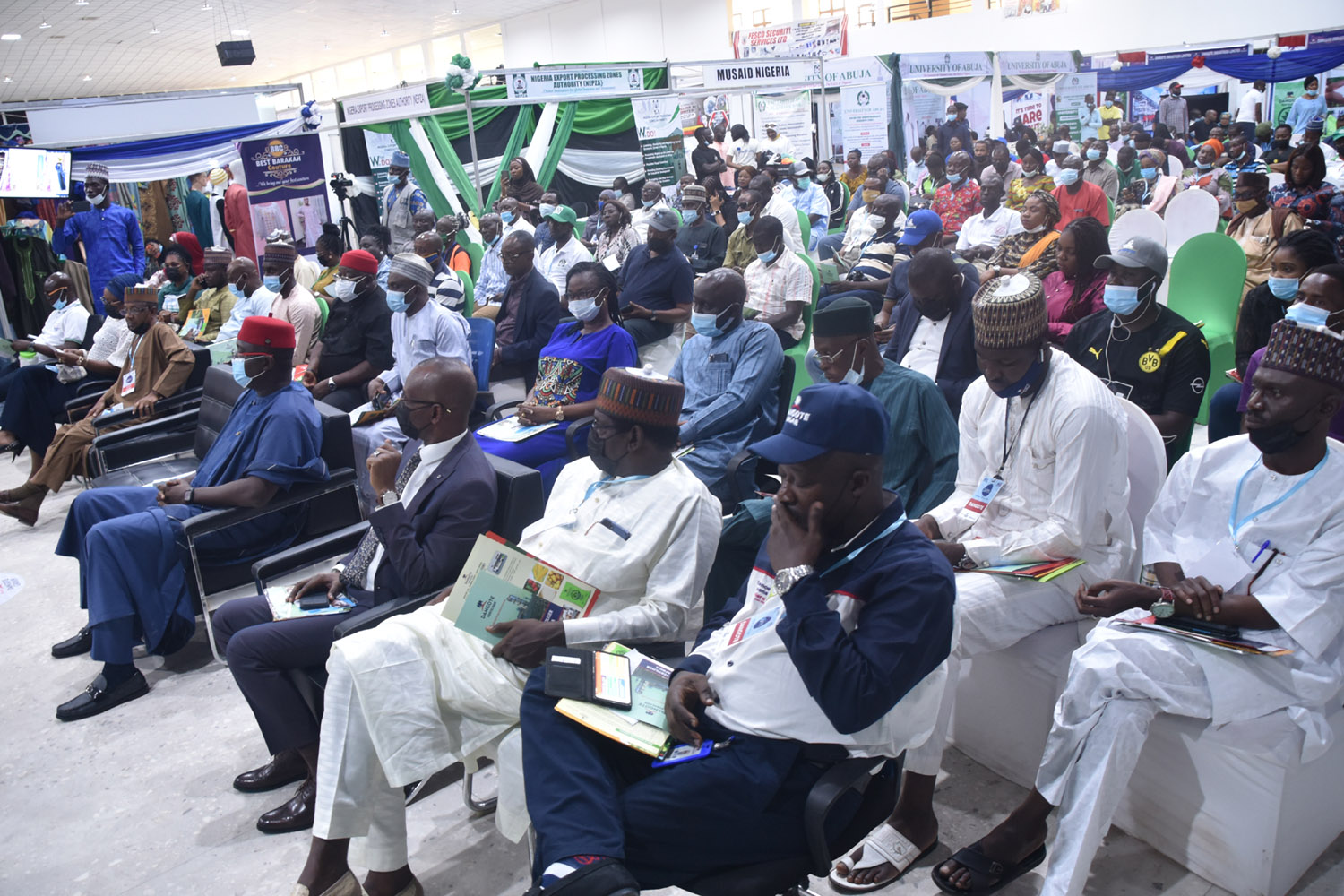Business
‘Dangote Petrochemical Plant, Africa’s Polypropylene Hub’

President of Dangote Group, Aliko Dangote, says the Dangote $2 billion Petrochemical Plant, when fully operational, will position Nigeria as one of Africa’s largest petrochemicals hub and boost non-oil export earnings for the country.
The 900,000 metric tons per annum capacity plant, being built alongside the 650,000 barrels per day Dangote Petroleum Refinery, will produce polypropylene strategically positioned to cater for the demands of the growing plastic processing downstream industries not only in Africa, but also in other parts of the world.
Making this disclosure recently at the 2022 Zenith Bank International Trade Seminar on Non-oil Export in Lagos, he said the refinery and petrochemical projects will ensure petroleum products sufficiency and security for Nigeria.
He also emphasised the need for government to unlock the potentials of petrochemical export by completing the OB3 pipeline to make gas available to manufacturers.
“There is need to prioritise financing gas infrastructure, gas allocation to the domestic market, and adjustment of fiscal framework to make supply of gas to domestic market attractive for oil companiesm”, he stated.
According to him, the refinery, which is reputed to be the largest single train greenfield petroleum refinery in the world, is at an advanced stage of completion.
“On completion, it is expected to export much more than eight million tons of petroleum products annually after meeting domestic consumption, while about 900,000 tons of polypropylene is also expected from the petrochemical plant”, he said.
Stressing on the need for Nigeria to encourage non-oil export, the business mogul said, Nigeria’s non-oil export is quite low compared to other African top oil producers.
“This exposes the economy to oil price and production risks. Export opportunities abound in Nigeria, but there are two main routes: import substitution and export-oriented industries.
*Import substitution is ideal for economies like Nigeria, which has a large domestic market and a huge import bill”, he said.
He, therefore, urged the federal government to build on the country’s competitive advantage to develop industries that are primarily geared towards export.
Describing the theme of the seminar, ‘Unlocking Opportunities in Nigeria’s Non-oil Export Business’, as timely and appropriate, Governor of the Central Bank of Nigeria (CBN), Mr. Godwin Emefiele, emphasized on the importance of the Non-oil sector.
“The CBN had undertaken several initiatives to promote the non-oil export sector because of its firm belief that the sector holds enormous potential to contribute to employment generation, wealth creation and economic growth of the country”, he said.
Business
Fidelity Bank To Empower Women With Sustainable Entrepreneurship Skills, HAP2.0
Business
President Tinubu Approves Extension Ban On Raw Shea Nut Export
Business
Crisis Response: EU-project Delivers New Vet. Clinic To Katsina Govt.
-

 News2 days ago
News2 days agoAmend Constitution To Accommodate State Police, Tinubu Tells Senators
-

 Politics2 days ago
Politics2 days agoSenate Urges Tinubu To Sack CAC Boss
-

 News2 days ago
News2 days agoDisu Takes Over As New IGP …Declares Total War On Corruption, Impunity
-
Business2 days ago
President Tinubu Extends Raw Shea Nuts Export Ban To 2027
-
Business2 days ago
Crisis Response: EU-project Delivers New Vet. Clinic To Katsina Govt.
-
Business2 days ago
President Tinubu Approves Extension Ban On Raw Shea Nut Export
-
Sports2 days ago
NDG: Rivers Coach Appeal To NDDC In Talent Discovery
-
Rivers2 days ago
Etche Clan Urges Govt On Chieftaincy Recognition

